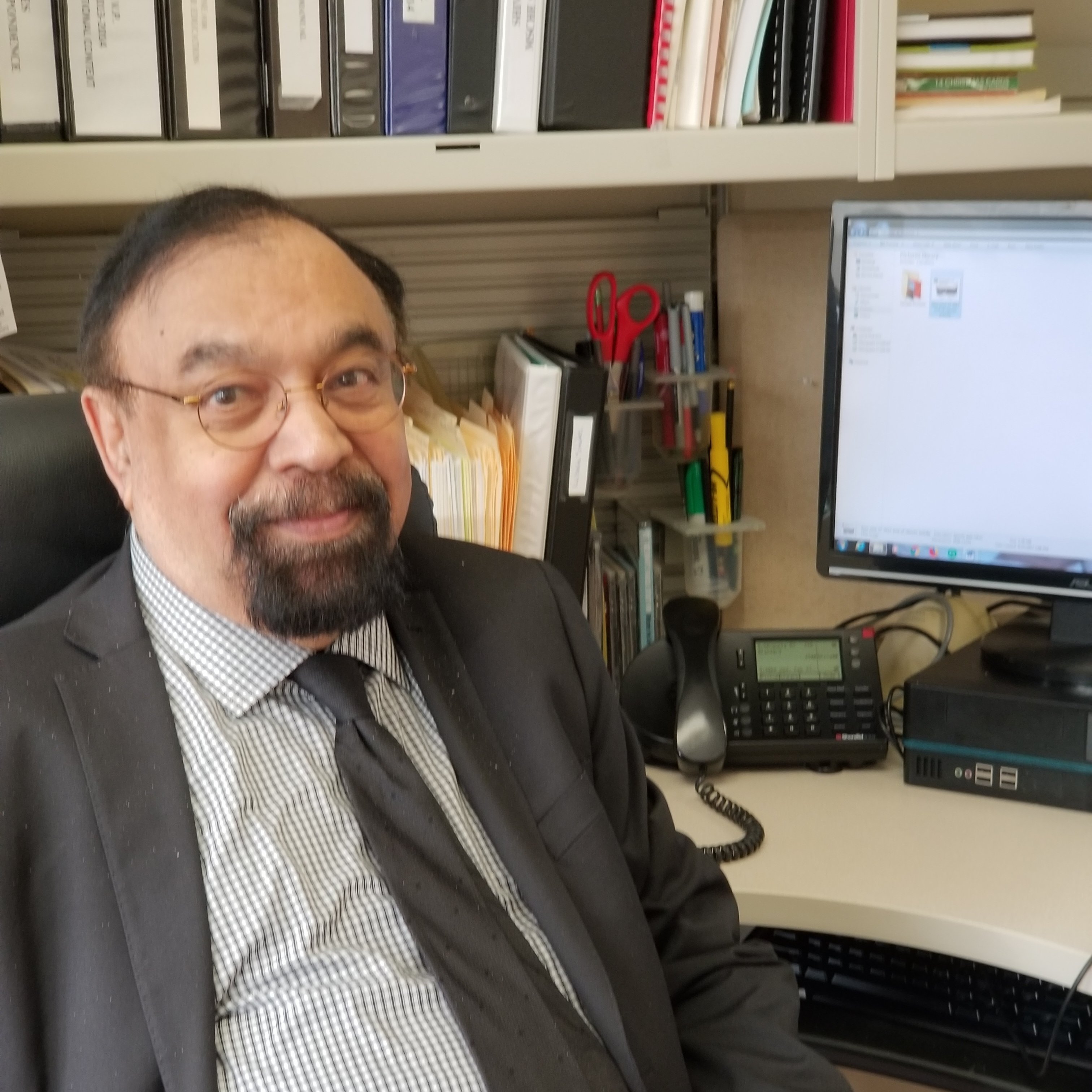By Shivaji Sengupta We are in the grip of the worst pandemic since America was savaged by the Spanish Flu of 1918, over a hundred years ago. Six hundred eighteen people died then. As I write, the number of people dying from this virus is around three hundred; but the number is expected to increase exponentially. By governmental order and decree, we are all homebound as those who are in charge of our lives are working away tirelessly, keeping us abreast of the news. Those of us who are euphemistically called senior citizens are nervous. Calamities like floods and hurricanes are more democratic about whom they kill. Corona discriminates: we are among its favorite targets. Nothing else to do, some of us are reading and writing. Others are watching TV. Many are thinking. Let’s think about the title of this piece: the culture of politics and the politics of culture. Those of you who are familiar with this column already know that I use the words “politics” to mean human behavior in public conditioned by one’s way of life, opinions, and ideology. It is politics with a small “p.” And by culture, we mean the things we habitually do and live by: our routines and rituals, values, and preferences. But culture also means something else. In this case, that other meaning is even more poignant. It means intentional growth, like culturing yogurt from milk, wine from grapes. (In fact, according to the history of how words come into formation, the popular meaning of culture is actually a metaphor of the original sense of culture as growth). In this context, it’s the culture of the virus that is at the root of all the problems. No one knows enough about it, how we can contain, and eventually, it. Ignorance breeds doubt and fear. That is precisely what most of us are experiencing. Moreover, give the character of our president who is more of a salesman than a chief executive, many of us have problems trusting him when he gives his updates in daily press conferences because his progress reports emphasize progress rather than the news. Perhaps he thinks it is better to boost the public’s morale. People, however, would rather have the truth, especially about what the government is achieving and what it still needs to do. In Trump’s press conferences, this does not come through. However, I disagree with those who say that Trump deliberately misleads in his press conferences. For instance, Donald Trump spoke hopefully about the malaria drug’s capacity to slow down the effects of the Coronavirus. If he meant to deceive the American people about the drug’s actual status, he would not have had Dr. Anthony Fauci, Director of the National Institute of Allergy and Infectious Diseases, at his side, or Dr. Stephen Hahn, the Commissioner for Food and Drugs. What Trump doesn’t understand, perhaps cannot because of his pointedly business ethos of counting profits and losses is the sense of community. A community exists in the form of everyday social practices, cultural traditions, and shared social understandings. It needs to be respected and protected, even amidst pandemics like this one. Leaving aside the incorrigible Donald Trump, the rest of us need to realize something. As Americans, we possess an extraordinary notion of individualism. This notion, at times of public crises like these, needs to tempered with our sense of community responsibility. Social connections must give away to social solidarity. Social connections are utterly human; social solidarity, not always. David Brooks of The New York Times, explains the difference between the two: “Social connection means feeling empathetic toward others and being kind to them. That’s fine in normal times. Social solidarity is more tenacious. It’s an active commitment to the common good — the kind of thing needed in times like now.” We must understand this if we are to save ourselves and our neighbors. Reviewing the kind of polity (public behavior) practiced by Americans in the time of crisis, a particular culture emerges that is typically American, inspired by our Constitution (ideology) and transmitted through the actions of everyday people in the community. Most of the time, it’s okay. But when a crisis hits, we need to look at the politics of our cultures. Now, however, this politics needs to change, if only temporarily. We need to trust Big Government, obey emergency rules and regulations, practice social connections remotely, and pray. We need social solidarity.
Coronavirus: Culture of Politics or the Politics of Culture?
- by Rinku
- March 24, 2020 2 minutes

Shivaji Sengupta











